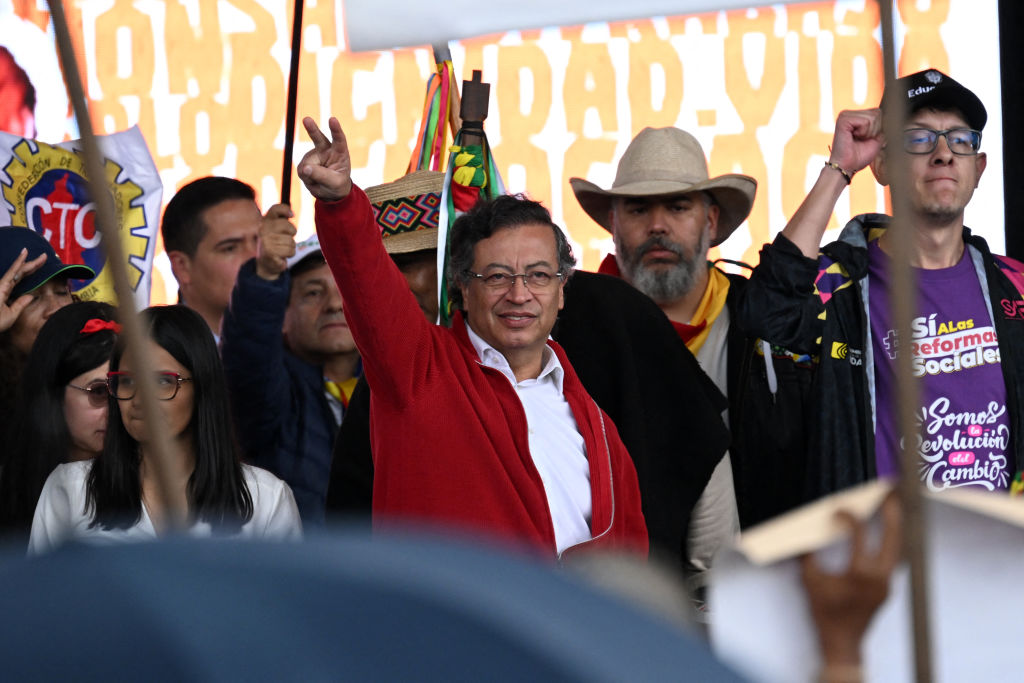Not even the reality show La Casa de los Famosos, a spin-off of Big Brother, managed to surpass the audience of the first televised Council of Ministers in Colombia last February. Millions of Colombians watched live as some ministers criticized President Gustavo Petro, another lavished him with praise in a tone resembling a declaration of love, and other cabinet members exchanged reproaches.
This unusual exercise in government transparency, which Petro has repeated several times, has been one of the Colombian president’s latest ideas to revive his popularity, which is down to 32 percent just one year away from the 2026 parliamentary and presidential elections. The resignation in March of finance minister Diego Guevara after he pushed for budget cuts shows that Petro is already focused on the 2026 elections, though he himself cannot seek reelection as the constitution bars it.
The first left-wing government in Colombia’s recent history enters its fourth and final year with the same sense of instability that has accompanied it from the start, a result of its lack of a parliamentary majority and the relentless pressure from economic, media, and judicial elites. Some of the reforms promised in 2022 have been approved, while others remain stalled in a Congress controlled by the traditional parties, and the goal of “total peace” with domestic armed groups remains a dream. The outcome of the 2026 elections will depend on the final balance of the government’s reformist agenda, Petro’s ability to mobilize his supporters, and the conservative opposition’s capacity to unite behind candidates.
The former M-19 guerrilla turned president is well aware that the streets are the battleground where he can outmaneuver conservative forces. That is…
Auteur: Pablo Castaño

